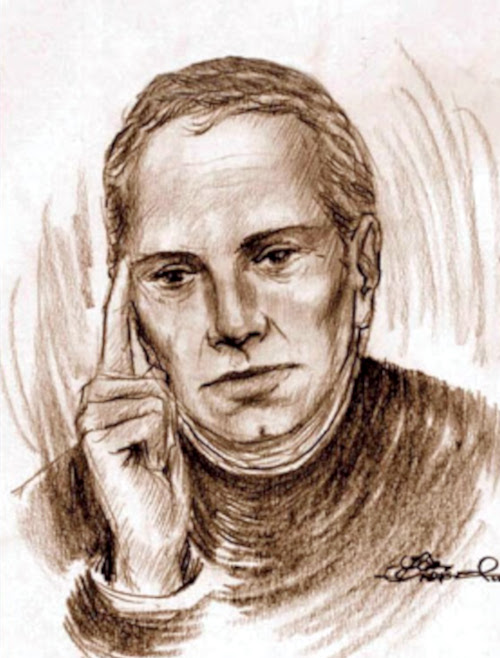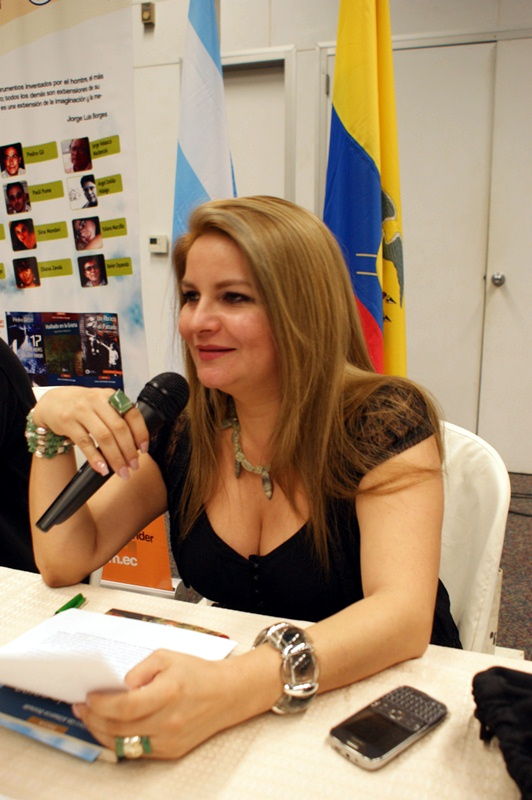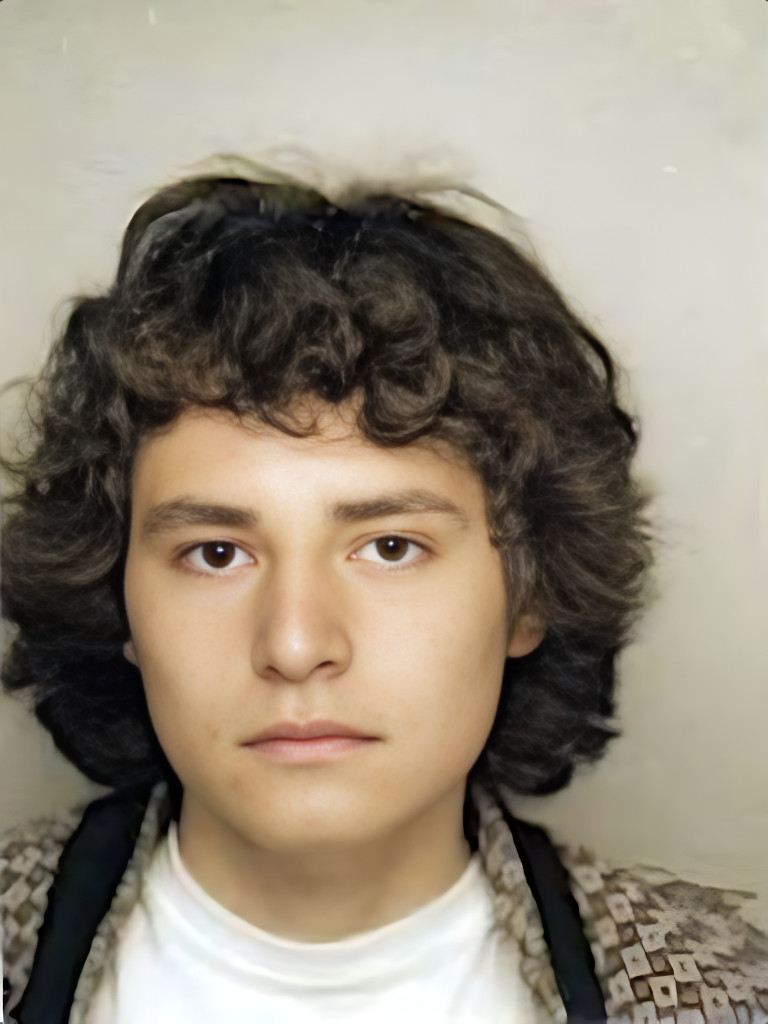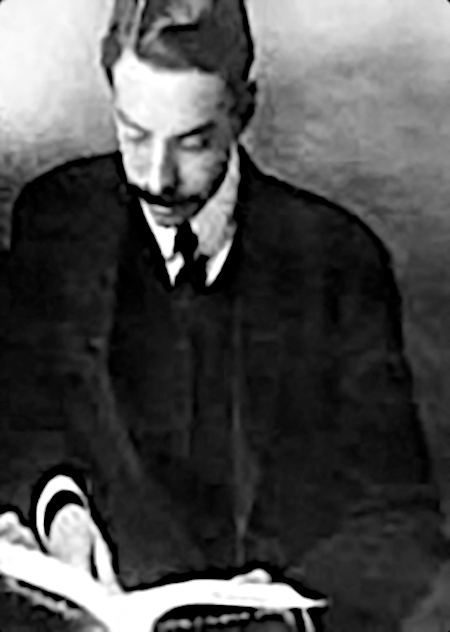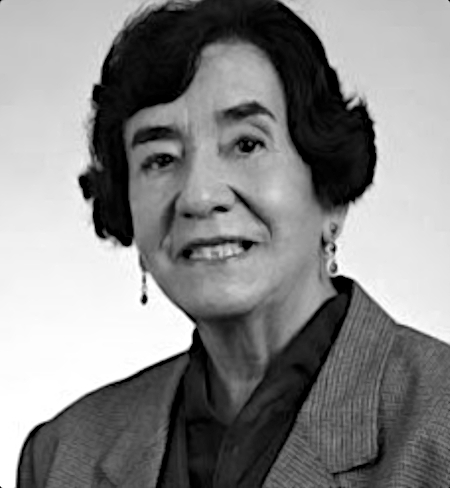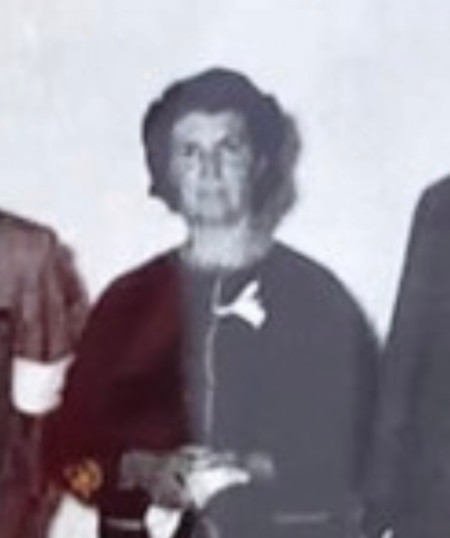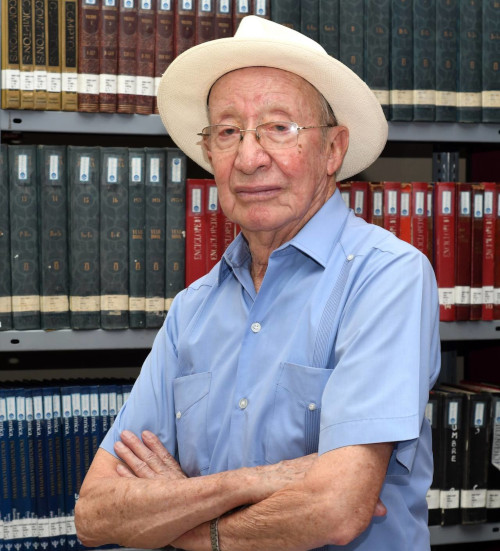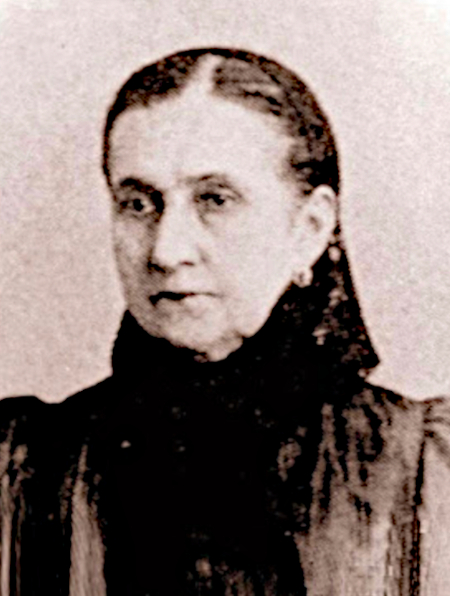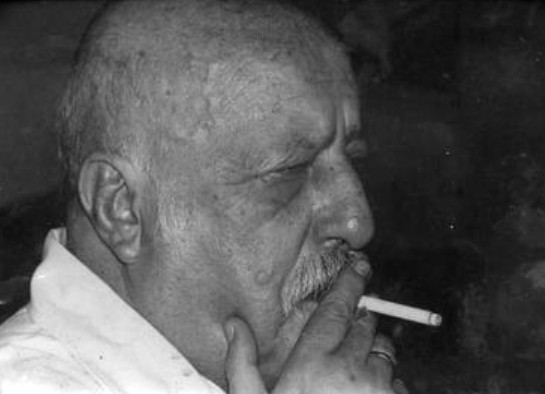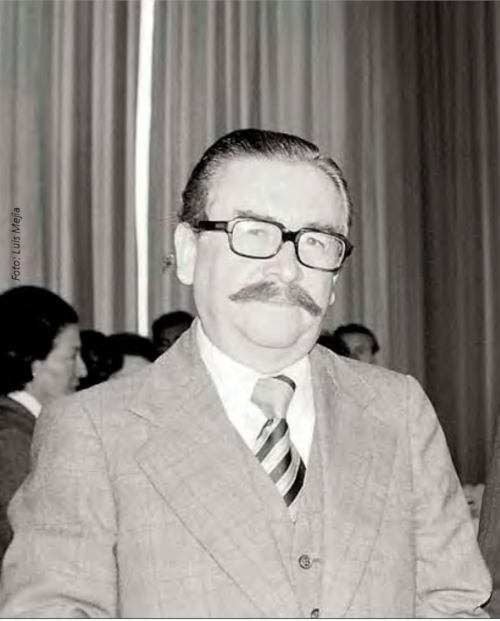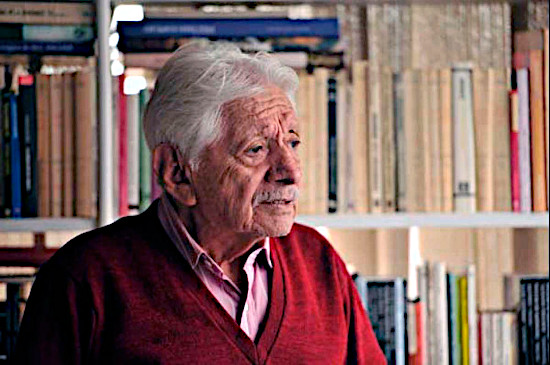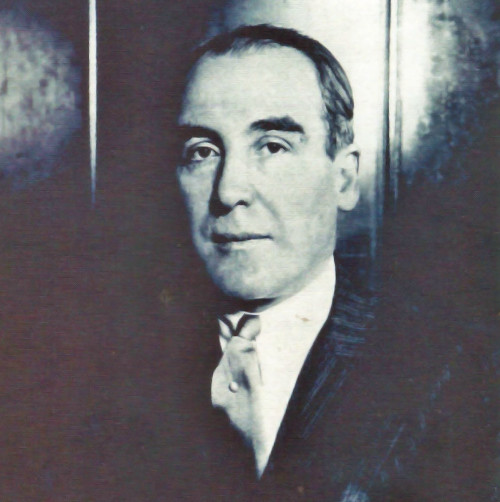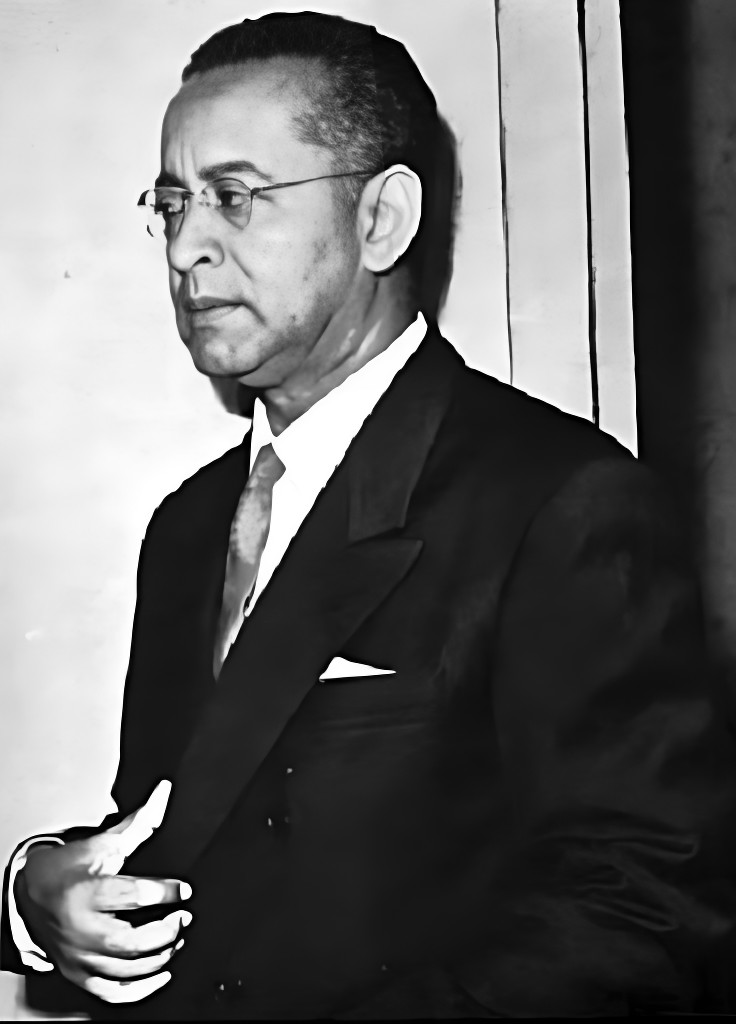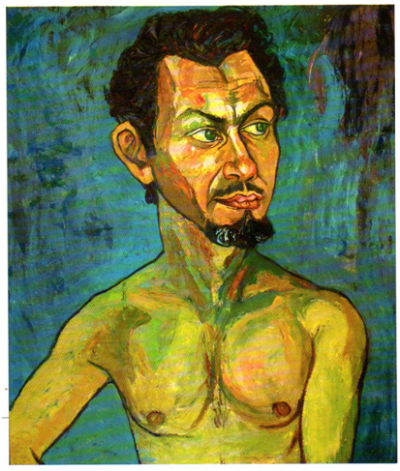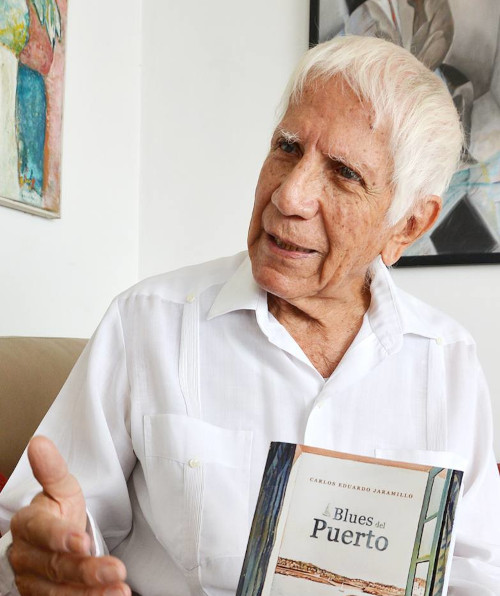Jacinto de Evia (Guayaquil, circa 1629 – 17??) was a priest and poet from the Spanish colonial period in Guayaquil, in what is now Ecuador. He is considered the first erotic poet of Ecuadorian literature because of poems he wrote in his younger years which he published in a book entitled, “Ramillete de Varias Flores Poéticas“ (Spain, 1675). The book also contains poems by his mentor Antonio de Bastidas and Hernando Domínguez Camargo. Some year prior to 1650, he traveled to Quito to study at the seminary school of San Luis, of the Society of Jesus, where he became a pupil of the great poet Antonio de Bastidas.
Continue reading “Jacinto de Evia”Category: Poets
Siomara España
Siomara España Muñoz (Paján, January 4, 1976) is an Ecuadorian poet, essayist, professor and literary critic. She has been the director of the literature branch of the Guayas chapter of the House of Ecuadorian Culture, a high school teacher, a literature professor at the University of Guayaquil, the director of the School of Literature in the Faculty of Philosophy of the University of Guayaquil, the director of Research and Postgraduate Studies at the University of the Arts, and a professor of literature at the University of the Arts.
Continue reading “Siomara España”Oswaldo Calisto Rivera
Oswaldo Calisto Rivera, known by his pen name Cachibache, often spelled Cachivache (Quito, September 22, 1979 – October 10, 2000) was an Ecuadorian poet and painter who died of suicide at the age of 21. In 2001 Cachibache’s only book of poems “Rojo encanto de la marmota” was published posthumously by the House of Ecuadorian Culture in Quito. He also completed a yet unpublished poetic trilogy which consists of: “La cachiva,” “Comible Sr. Lucas Alombrey” and “La falta de pantuflismo.” Cachibache’s poems have been included in several anthologies, such as Memorias del primer festival de poesía joven Hugo Mayo (2005), 13 poetas ecuatorianos nacidos en los 70 (2008), and Premonición a las puertas (2012).
Continue reading “Oswaldo Calisto Rivera”Arturo Borja
Arturo Borja Pérez (Quito, Ecuador, September 15, 1892 – Quito, Ecuador, November 13, 1912) was an Ecuadorian poet associated with the “Generación decapitada” (Decapitated Generation), a group of young poets known for their tragic early deaths. Borja was the first of the group to adopt Modernist styles, drawing influence from French Symbolist poets like Baudelaire and Verlaine, whom he studied while in Paris seeking medical treatment. His poetic output, though limited, includes twenty-eight poems compiled in the posthumous collection La flauta de ónix (1920). Known for themes of melancholy and existential reflection, his work has made a lasting impact on Ecuadorian literature, marking him as a key figure in early 20th-century Ecuadorian poetry.
Continue reading “Arturo Borja”Fanny Carrión de Fierro
Fanny Carrión de Fierro (1936) is an Ecuadorian poet, literary critic, essayist and university professor. She is a 4-time winner of Ecuador’s Gabriela Mistral National Poetry Award. She has published essays on a variety of topics, including politics, culture, and society. Her poems have also appeared in English-language anthologies such as “These Are Not Sweet Girls: Poetry by Latin American Women” (1994) and “Eye to Eye-Women: Their Words and Worlds” (1997). She has taught at several universities in Ecuador and the United States. She is currently a professor at Ecuador’s Pontifical Catholic University (Quito). She has also been a visiting professor and Fulbright Scholar at Keene State College in New Hampshire, Willamette University in Oregon, and several other universities in Ecuador. Her work has been translated into English.
Family
Fanny Carrión de Fierro’s parents were Luis Enrique Carrión Carvajal and Leonor Acosta from Ibarra, Ecuador. Carrión de Fierro married Gustavo Adolfo Fierro Zevallos (Ph.D. in linguistics). They had four children: Gustavo Adolfo, Patricia Natalia, Luis Alberto and Pablo Fernando.
Education
She received a Doctorate in Literature from the Pontifical Catholic University of Ecuador (Quito, 1981), as well as a Master of Arts degree from the University of California at Berkeley, and a Bachelor’s degree (Licenciatura) in Education from the Central University of Ecuador.
She has been on the board of the Association of College Professors of the Pontifical Catholic University of Ecuador in Quito. She is also on the board on several development non-governmental organizations.
Member of
- “Grupo America” – an Ecuadorian literary group.
- Casa de la Cultura Ecuatoriana [Ecuadorian House of Culture], Literature Section.
Works
Poetry
- En la Voz del Silencio (1980)
- Ten poems translated into English included in the anthology These are not Sweet Girls, Poetry by Latin American Women, edited by Marjorie Agosin (1994)
- Where light was born: A personal anthology of selected poems by Fanny Carrión de Fierro (1999; translated by Sally Cheney Bell)
- Donde nació la Luz: Antología Personal (2000)
- Desde el beso del tiempo and Esta voz, in Poetic Voices without Borders, edited by Robert L. Girón (2005)
- Alfa Amor, Donde Nació la Luz and Geografía del Corazón, in Poetic Voices without Borders 2, edited by Robert L. Girón (2009)
- Ecuador, on erotic attraction, “Hidden Pleasure” in Eye to Eye-Women: Their Words and Worlds, edited by Vanessa Baird, introduction by Anita Desai (1997)
Short stories
- The Golden Ear of Corn and Other Stories, bilingual collection of short stories. Centro de Publicaciones de la Pontificia Universidad Católica del Ecuador, October 2010.
Criticism
- José de la Cuadra: Precursor del realismo mágico hispanoamericano (1993)
- Los Sangurimas, novela precursora de Cien Años de soledad, an essay about the novel “Los Sangurimas” by José de la Cuadra
- Cien Años de Soledad, Historia y Mito de lo Americano, in: Lectura de García Márquez (Doce Estudios), edited by Manuel Corrales Pascual (Quito: Centro de Publicaciones de la Pontifica Universidad Católica de Ecuador, 1975)
Awards
- Gabriela Mistral National Poetry Award (1958, 1961, 1981 and 1985)
- National Poetry Award of Ecuador (1962)
- “Juana de Ibarbuoru” Poetry Prize, Montevideo, Uruguay (1995).
Other writers with the last name Carrión
Fanny León Cordero
Fanny León Cordero (Gualaceo Canton, October 15, 1920) was an Ecuadorian jurist and poet. León was a member of the Association of Contemporary Writers of Ecuador, whose annual poetry contest is named after her. In 1947 León became Ecuador’s first female jurist, she worked as a judge for 31 years.
Continue reading “Fanny León Cordero”Rodrigo Pesántez Rodas
Rodrigo Abelardo Pesántez Rodas (Azogues, July 25, 1937 – Guayaquil, April 2, 2020) was an Ecuadorian writer, poet, literary critic, anthologist, researcher, university professor, and cultural promoter. He’s best known for his essays and for publishing poetry anthologies containing poems by Ecuadorians. He is especially remembered as an exponent and champion of Ecuadorian women writers. His book, “Presencia de la mujer ecuatoriana en la poesía” (1960), is a poetry anthology that contains poems by 67 Ecuadorian women writers. Other books by him include: “Panorama del ensayo ecuatoriano,” “Ocho poetas tanáticas,” “Jorge Carrera Andrade, amistad y anhelos compartidos,” and “Siete poetas del Ecuador.” As a poet, his poetry books include “Viñas de Orfeo,” “De cuerpo entero,”and “Vigilia de mi sombra.” Among the many awards he received are: the José Vasconcelos Award (an international award from Mexico) and the National Cultural Merit Medal from the House of Ecuadorian Culture. For forty years, he taught Ecuadorian Literature at the University of Guayaquil. He was a member of the House of Ecuadorian Culture.
Continue reading “Rodrigo Pesántez Rodas”Rita Lecumberri
Rita Lecumberri Robles (Guayaquil, November, 14, 1831 – Guayaquil, December 23, 1910) was an Ecuadorian writer and educator. She was a published and awarded poet and essayist. She is also noted for her contribution to the education of women in Ecuador. She was director of the Escuela San Alejo in 1880-82 and 1882-95. A school, (El colegio Rita Lecumberri) is named after her as well as an award.
Continue reading “Rita Lecumberri”Francisco Tobar García
Francisco Tobar García (Quito, November 3, 1928 – Quito, February 1, 1997) was an Ecuadorian poet, playwright, novelist, essayist, journalist, literary critic, diplomat, and university professor. He earned a Ph.D. in Literature from the Pontifical Catholic University of Ecuador and held teaching positions at universities such as La Plata in Argentina, the Sorbonne in Paris, and Complutense in Madrid. He revitalized Ecuadorian theater with his plays and published several notable works of poetry and fiction, including Pares o nones and Autobiografía admirable de mi tía Eduviges, which critics consider his masterpiece. He also served as a diplomat in Spain, Haiti, and Venezuela.
Continue reading “Francisco Tobar García”Galo René Pérez
Galo René Pérez (Quito, April 3, 1923 – June 18, 2008) was an Ecuadorian writer, poet, literary critic, biographer, and college professor. He held various posts in literary and cultural institutions of Ecuador. He was Secretary of Public Education during the government of the former President Galo Plaza, and served as Secretary General of the Council of Government. He was also President of the House of Ecuadorian Culture and Director of the Ecuadorian Academy of Language. He published 14 books in his career. His lectures, essays, articles, literary criticism have been collected and published for study abroad. His style, which is simple and elegant, has won him admirers the world over. He was the 2004 recipient of the “Premio Eugenio Espejo” Ecuador’s highest literary award.
Continue reading “Galo René Pérez”Efraín Jara Idrovo
Efraín Jara Idrovo (Cuenca, 26 February 1926 – Cuenca, 8 April 2018) was an Ecuadorian writer and poet. Tragedy struck Idrovo in 1974, when his teenage son committed suicide. Idrovo expressed his sorrow in the form of a poem, “Weeping for Pedro Jara (structures for An Elegy),” which was published in 1978 and is considered one of Jara’s most important works. The Biographical Dictionary of Ecuador has called it “one of the greatest and most beautiful national poems ever written.” The poem is highly experimental, in that it was printed on a single 60cm by 70cm sheet of paper, divided into 15 sections, and can be read horizontally, vertically, or diagonally. He was president of the Azuay branch of the House of Ecuadorian Culture. In 1999, Jara was awarded the Eugenio Espejo Award, the nation’s highest literary honor.
Continue reading “Efraín Jara Idrovo”Gonzalo Zaldumbide
Gonzalo Zaldumbide (Quito, December 25, 1884 – Quito, November 30, 1965) was an Ecuadorian writer and diplomat. He was ambassador to Paris, minister of Foreign Relations (1929) and ambassador to London (1950).
Adalberto Ortiz
Adalberto Ortiz Quiñones (Esmeraldas, February 9, 1914 – Guayaquil, February 1, 2003) was an Afro-Ecuadorian novelist, short story writer, poet, professor and diplomat. Among his most important books are: Juyungo (1942, novel; English translation by Susan Hill and Jonathan Tittler, 1983); Earth, Sound and Drum (1953, poetry); Entundada (1971, short story). His most defining feature as a writer was the incorporation of the elements of afro-Ecuadorian culture, enriching his literary vocabulary with its jargon, its elasticity and its rhythm. In 1995 Ortiz was awarded the Eugenio Espejo Prize, Ecuador’s most important literary award.
Continue reading “Adalberto Ortiz”Humberto Moré
Emilio Humberto Moré, born Lalot Rivadeneira Plata (Esmeraldas, April 14, 1929 – Havana, Cuba, 1984) was an Ecuadorian painter, sculptor, muralist, poet, writer, and art critic. He is widely regarded as one of Ecuador’s most significant painters. He developed his own style which he called “Functional Signology.” His primary contribution to literature is in the areas of art criticism and poetry. His published works include: “El chasqui dormido” (1965), “Actualidad pictórica ecuatoriana” (1970), “Evaluación de los ismos” (1968), and the poem collection “Bolívar sol de América” (1983). In 2011, Moré’s son Leonardo Rivadeneira Chaw released an artistic retrospective on his father’s work entitled “Humberto Moré y su signología.”
Continue reading “Humberto Moré”Carlos Eduardo Jaramillo
Carlos Eduardo Jaramillo Castillo (Loja, 1932) is an Ecuadorian poet, lawyer, and former minister judge of the Supreme Court of Justice. His major works include: “Escrito sobre la arena, 150 poemas” [Written on the sand, 150 poems] (1960), “La Trampa” [The Trap] (1964), “Maneras de vivir y de morir” [Ways to Live and Die] (1965), “La noche y los vencidos” [The Night and the Vanquished] (1967) and “Las desvelaciones de Jacob” [Jacob’s Revelations] (1970). He was on the General Board of the House of Ecuadorian Culture, representing Guayas. He was also the institution’s deputy director. He was awarded the Eugenio Espejo Prize in Literature in 2007 by the President of Ecuador.
Continue reading “Carlos Eduardo Jaramillo”